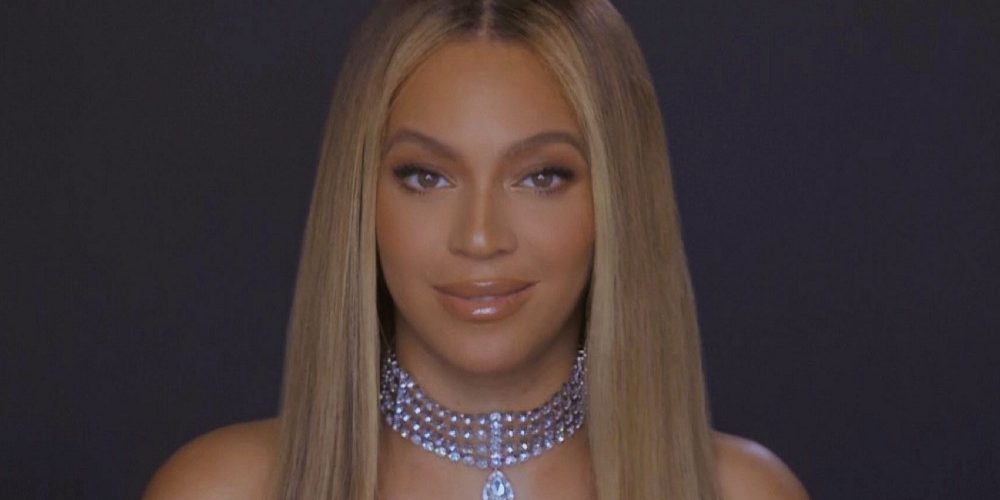Beyoncé’s BeyGOOD foundation to donate £370,000 to people in danger of losing homes due to COVID-19
Beyoncé has announced another round of funding from her BeyGOOD foundation to help those affected by the coronavirus crisis.
It comes after the singer launched a Black-owned Small Business Impact Fund in July, which gave 20 Black-owned businesses across the US a $10,000 (£7,558) grant each.
Now, Beyoncé’s announced a $500,000 (£370,000) fund to help in the battle against the housing crisis brought on by the pandemic.
“The housing moratorium is set to end on December 26th, resulting in mortgage foreclosures and rental evictions,” the foundation said in a statement on Beyoncé’s website. “Many families are impacted, due to the pandemic that resulted in job loss, sickness and overall economy downturn.”
To help in the crisis, the foundation will award $5,000 (£3,700) to 100 families facing eviction due to the closing of the moratorium. Applications for the grants open on January 7, with money to be distributed by the end of the month, before a second round of funding will be allocated in February.

“When we were faced with the pandemic caused by COVID-19, BeyGOOD created a plan to make a difference,” the statement reads. “We assisted organisations across the country that were providing people with basic needs like food, water, household supplies and COVID testing. We also provided mental health support.
“We then launched our BeyGOOD Small Business Impact fund and to date over 250 small businesses have received $10k grants.
“Beyoncé is continuing her heart of support and helping where needed most. Phase Two of the BeyGOOD Impact Fund will now help those impacted by the housing crisis.”
Meanwhile, Beyoncé released ‘Black Is King’ – the visual companion to her Lion King soundtrack ‘The Gift’ – in July.
Reviewing ‘Black Is King’, NME wrote: “Coronavirus has taken it out of us all, and for black folk all over the world it’s been an especially rough few months, the world finally waking up to the injustices that we’ve been shouting about for years.
“Some days it seems like a Beyoncé figure could cure it all, but we don’t need her to be a politician or a president. Her high-end interpretation of a childhood classic is unlikely to emancipate the oppressions of us regular black folk, but what it does is provide a moment of levity and recognition, delivering entertainment in its most creative of forms.”
